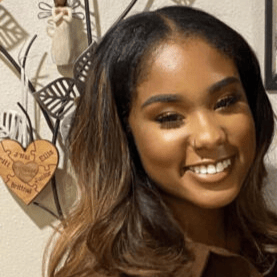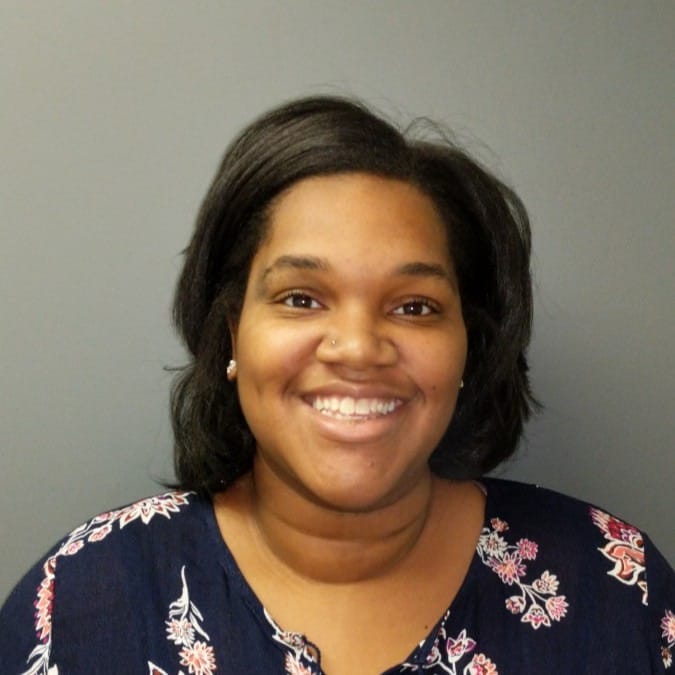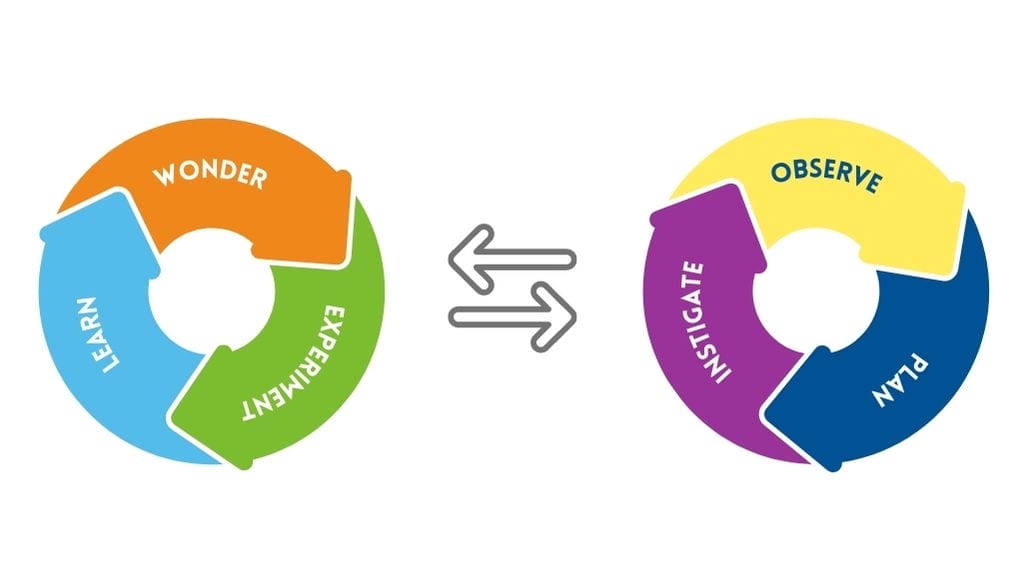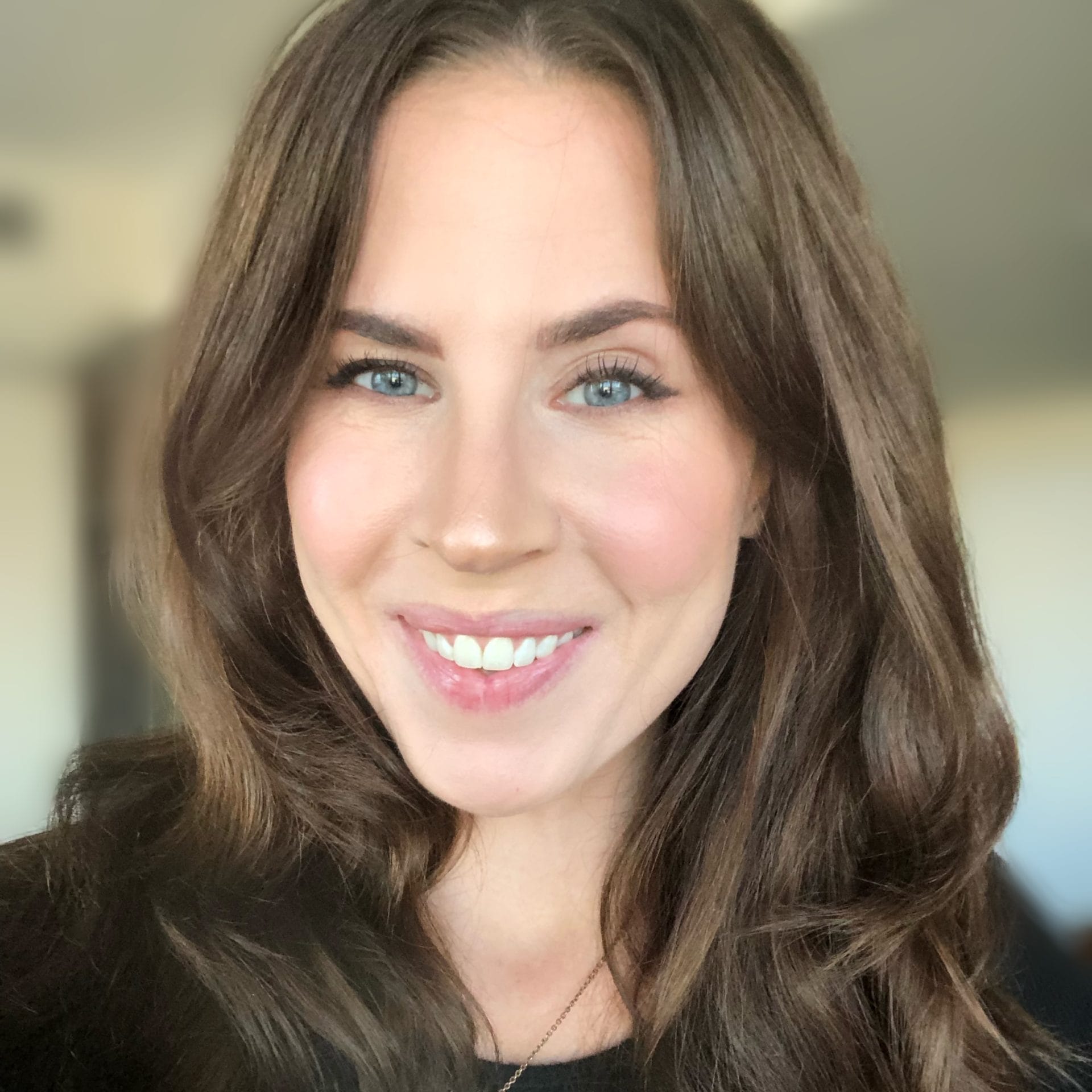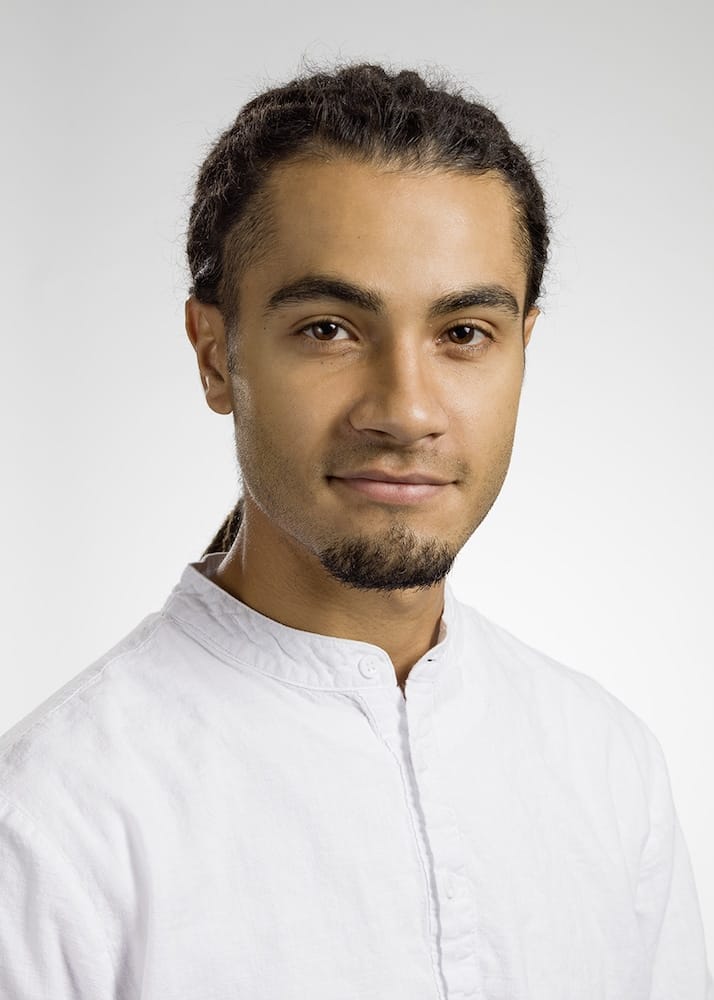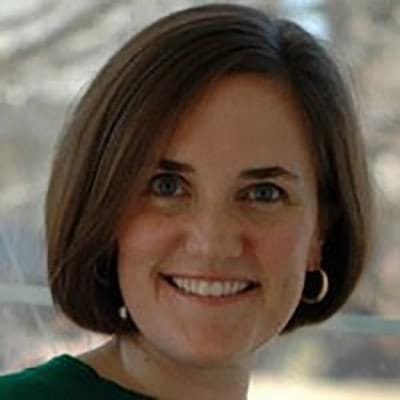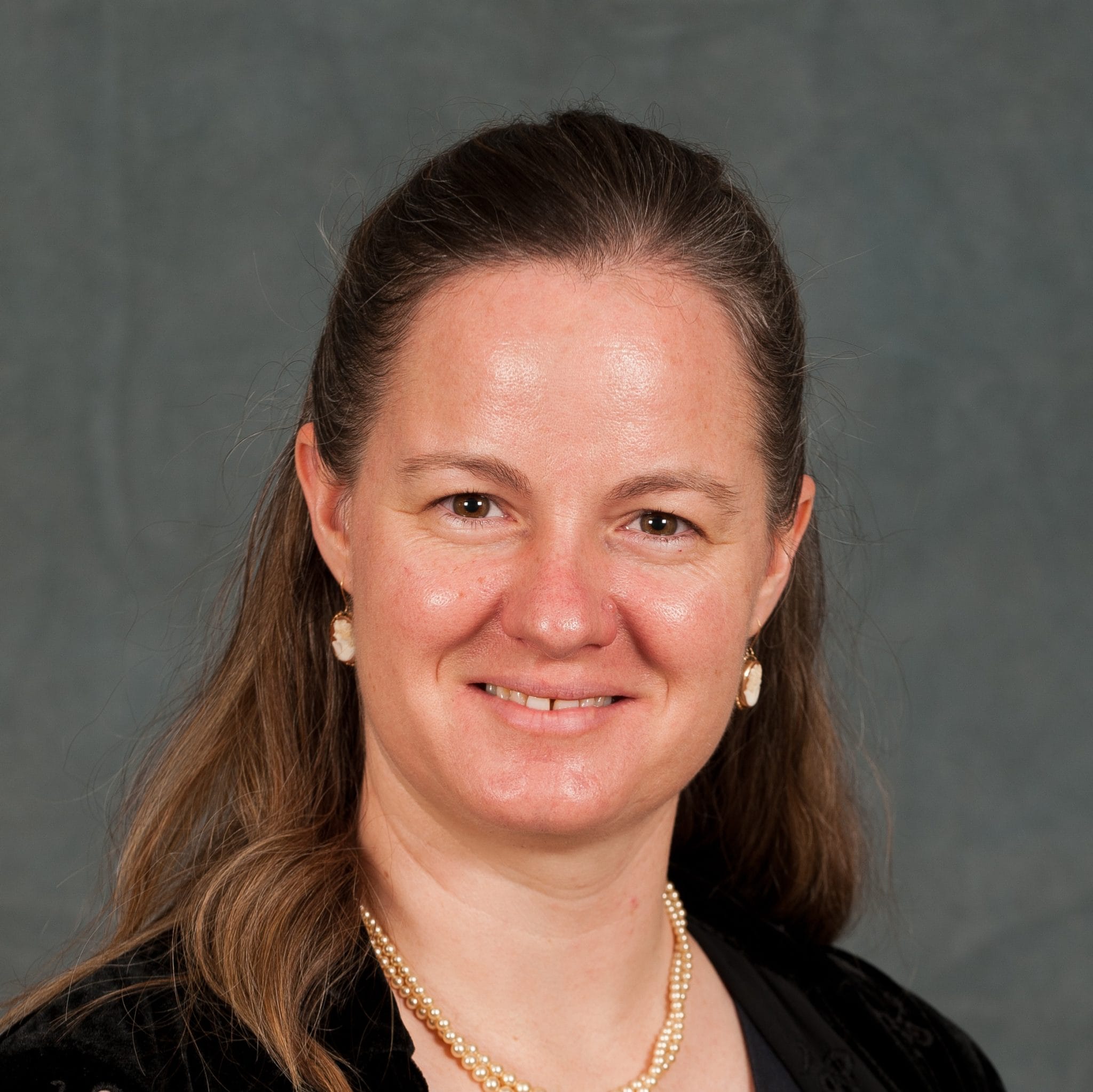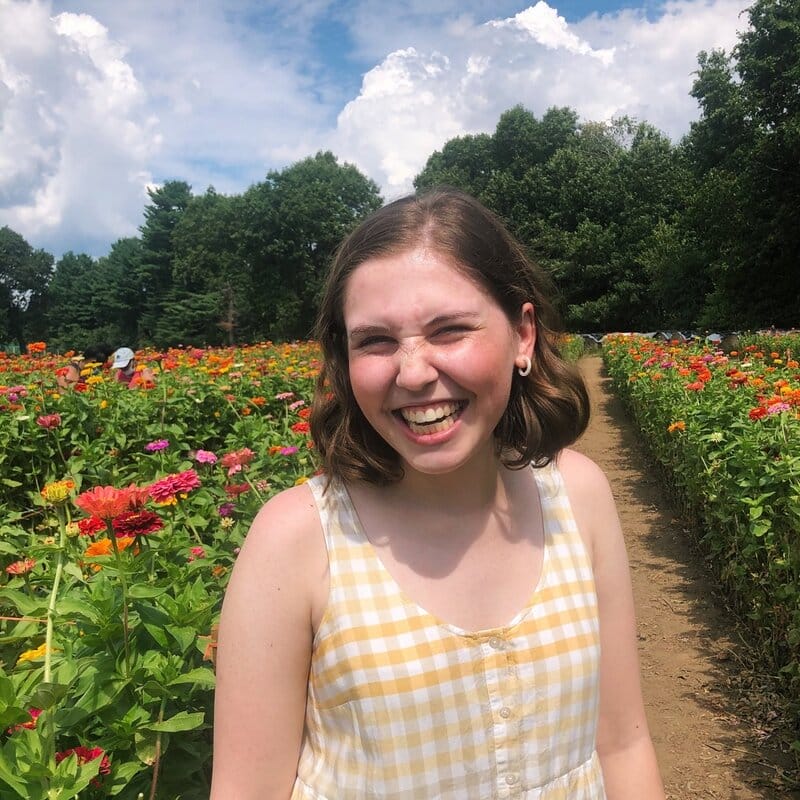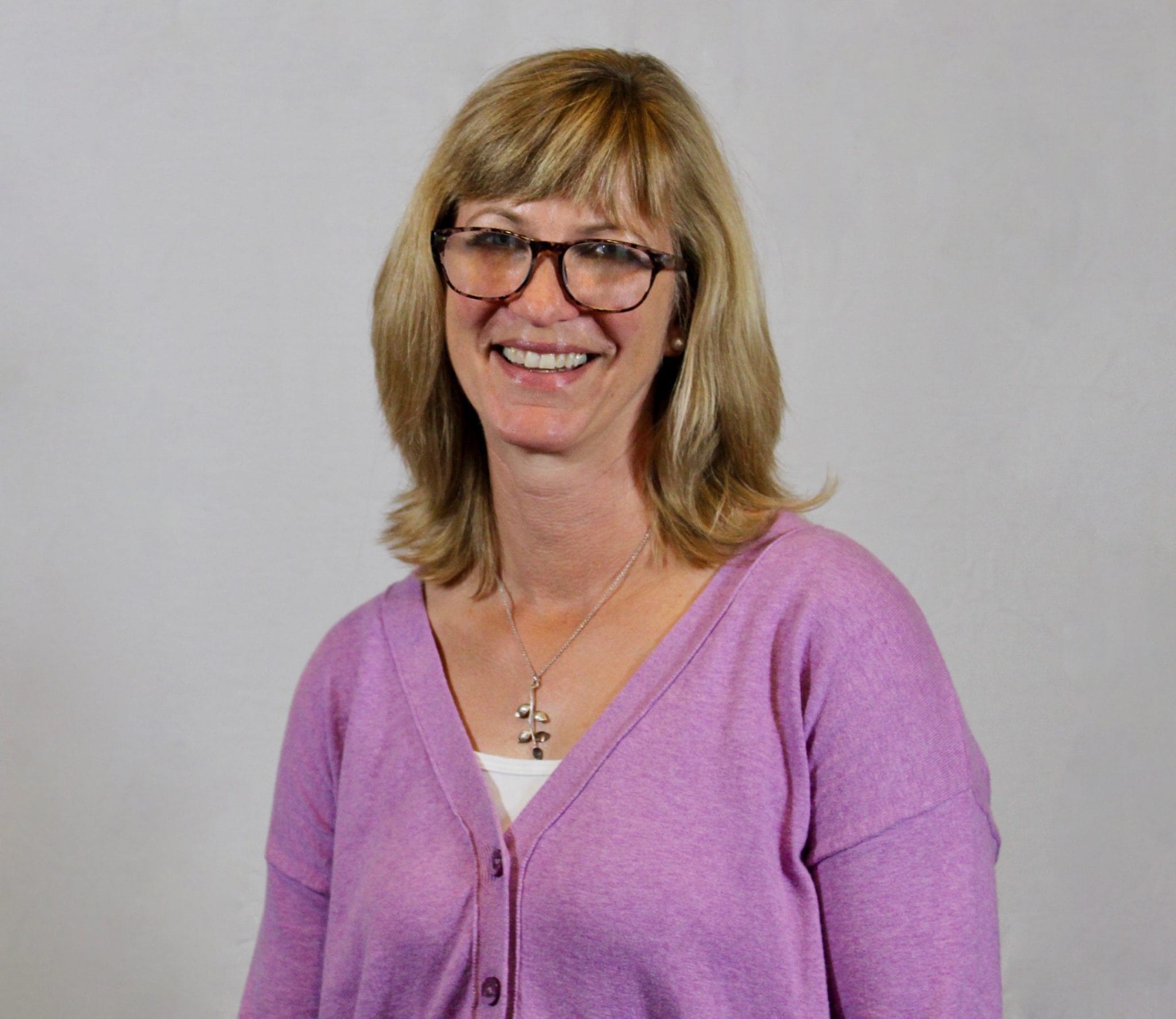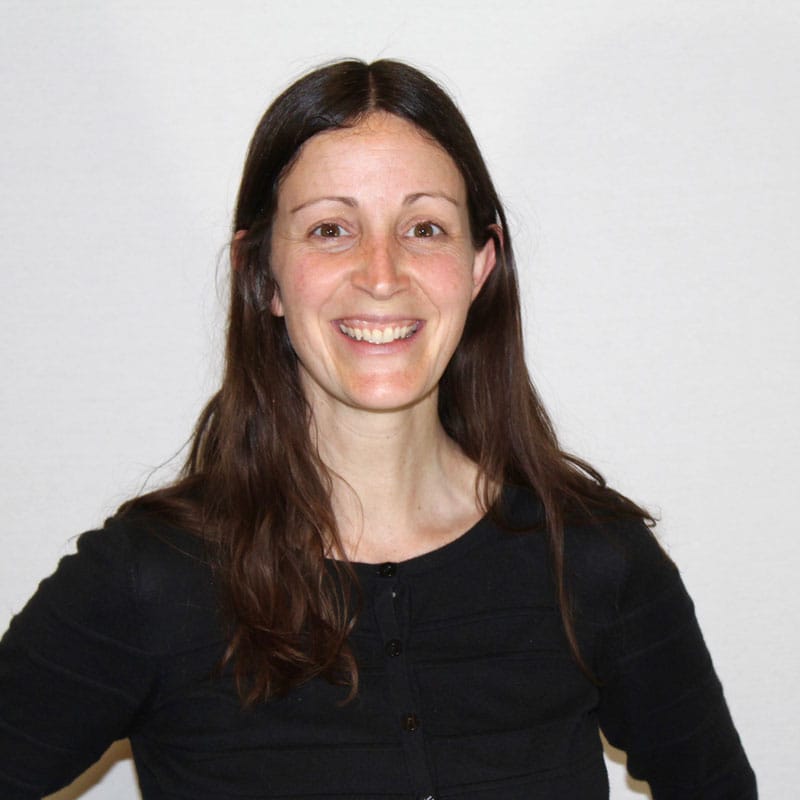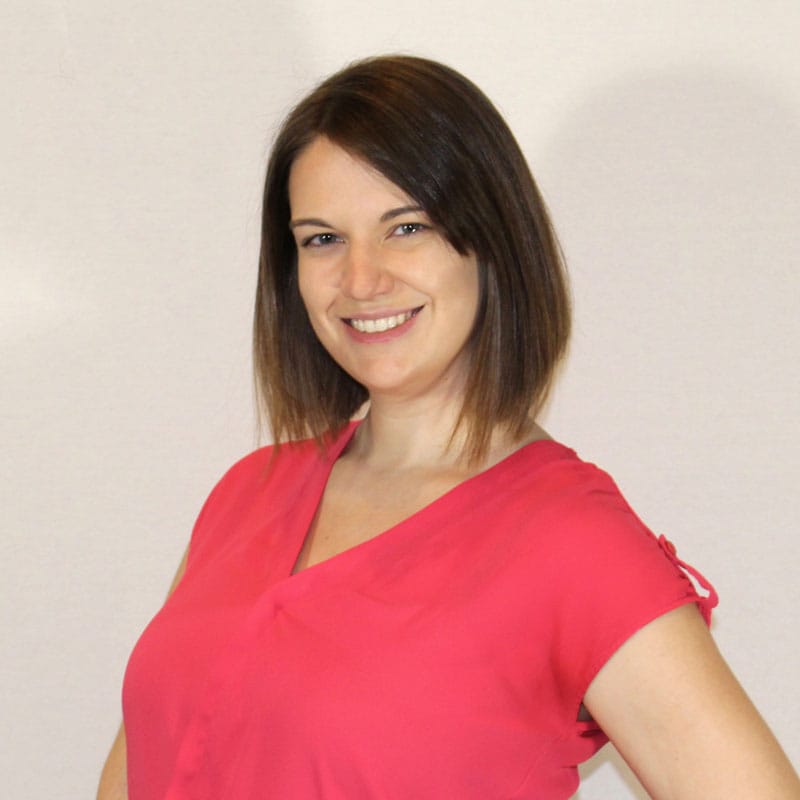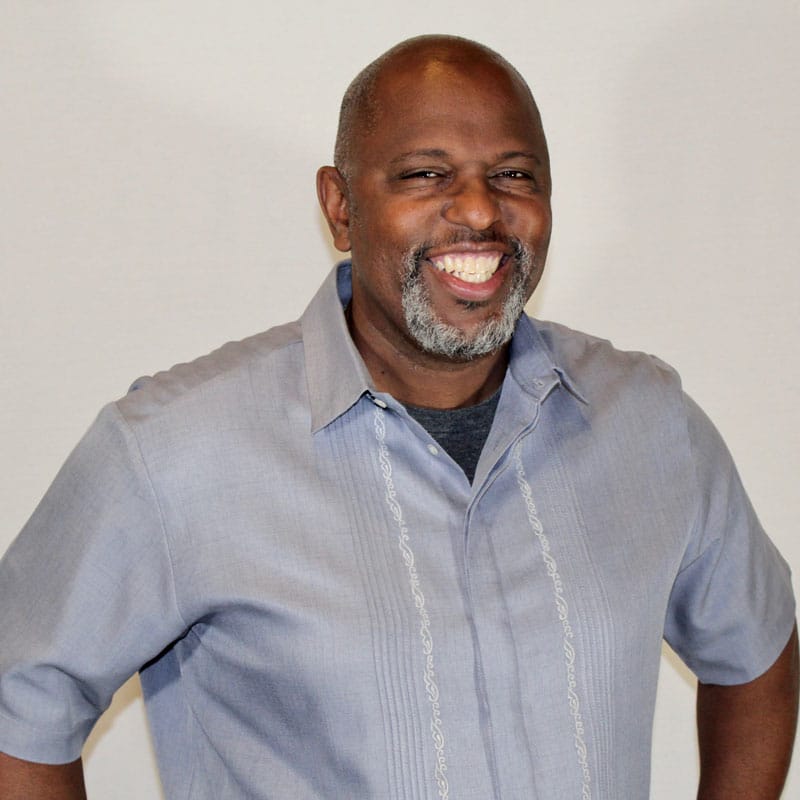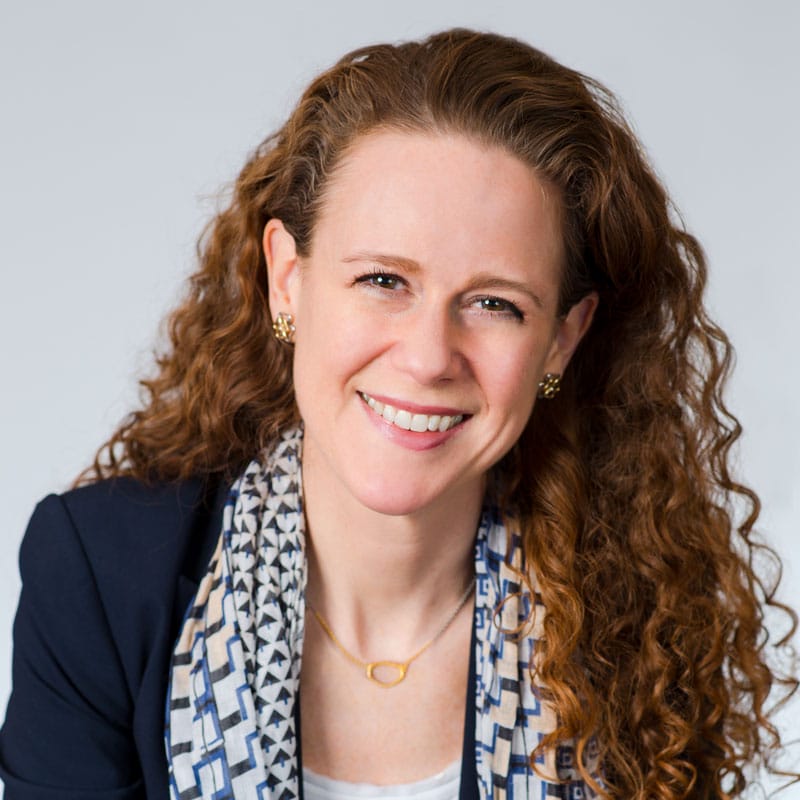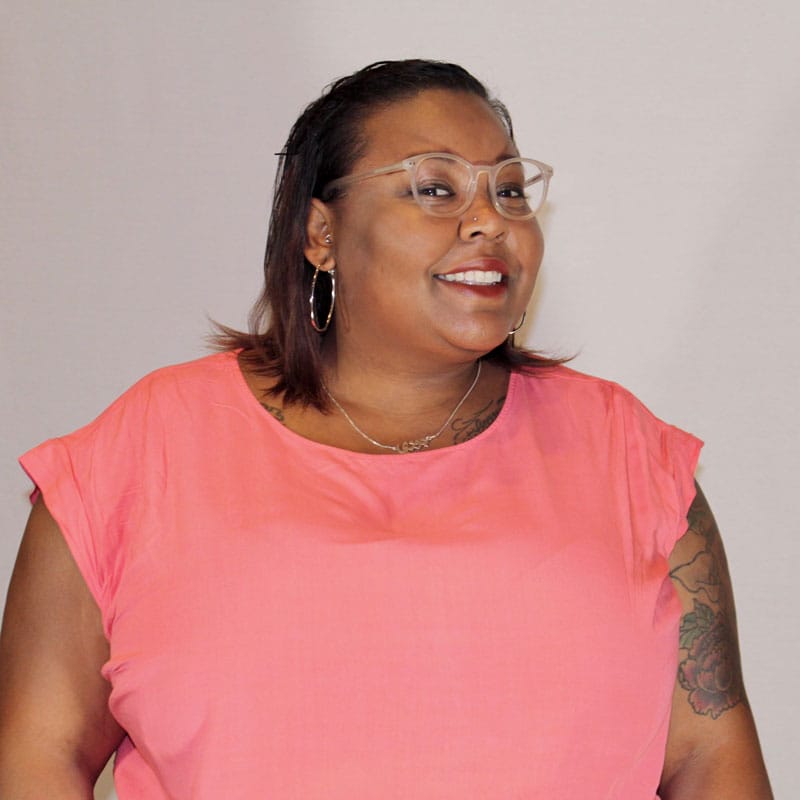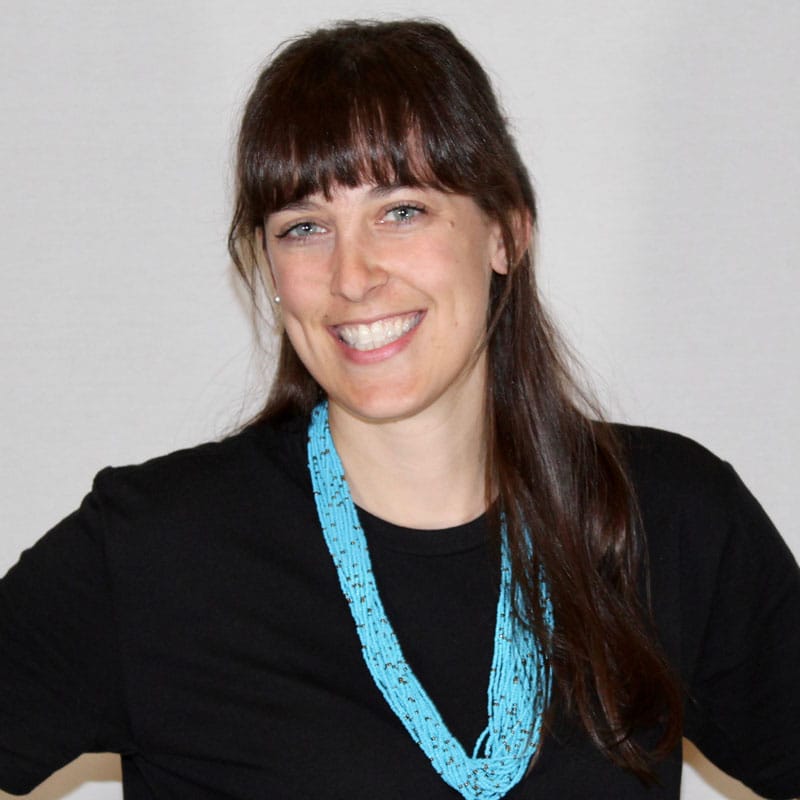May 18, 2016
(Photo credit: Alexandra Morris)
This piece was written by Alexandra Morris, an early childhood teacher at Capital City Public Charter School and a 2015 Inspired Teaching Fellow.
Last month, I was able to participate in a Social Justice Research Forum hosted by the School of Education at Trinity Washington University. This event brought graduate students together to present research we completed this year having to do with social justice. My presentation focused on independent research I conducted while creating a lesson plan to teach key content through student-centered activities.
In the fall, as a part of an assignment for a special education course, my cohort of Inspired Teaching Fellows and I conducted observations at the Homeless Children’s Playtime Project (HCPP), housed at DC General Homeless Shelter. The mission of the HCPP is “to nurture healthy child development and reduce the effects of trauma among children living in temporary housing programs in Washington, DC.” They do this by providing safe spaces for children to play freely after school and on the weekends.
I worked with Dr. Meghan Cosier, Associate Professor of Special Education at Trinity, to create a differentiated lesson plan to be taught on the playground to young students facing homelessness and poverty in DC. In designing the lesson, I was careful not to restrict students’ autonomy, as the spirit of the HCPP encourages children’s creativity and values free exploration. I opted instead for a plan that included a brief read-aloud about shapes that could be found in the environment and on the playground, followed by open ended games that students of varied ages and abilities could play. By actively and independently exploring shapes in this way, students can reinforce important content while reaping the social-emotional and creative benefits of playing collaboratively with peers.
At the forum, I was excited to share my research with other students and to learn about work that others are doing. Other forum participants offered their feedback on my lesson, suggesting modifications that could make it more accessible for all students. I also shared ideas with many of my colleagues in the School of Education about equity in education and our role as teachers in ensuring that all students’ needs are met.
Together, we talked about colleagues’ projects, which covered topics including counseling for those who struggle with substance abuse, LGBTQ issues in education, and resource disparities in schools across DC. Opportunities to collaborate with others around social justice issues are important for both new and experienced educators in our journeys to become educational changemakers. I look forward to continuing the conversation and to continue building my practice – as a teacher and changemaker – both inside and outside the classroom.
